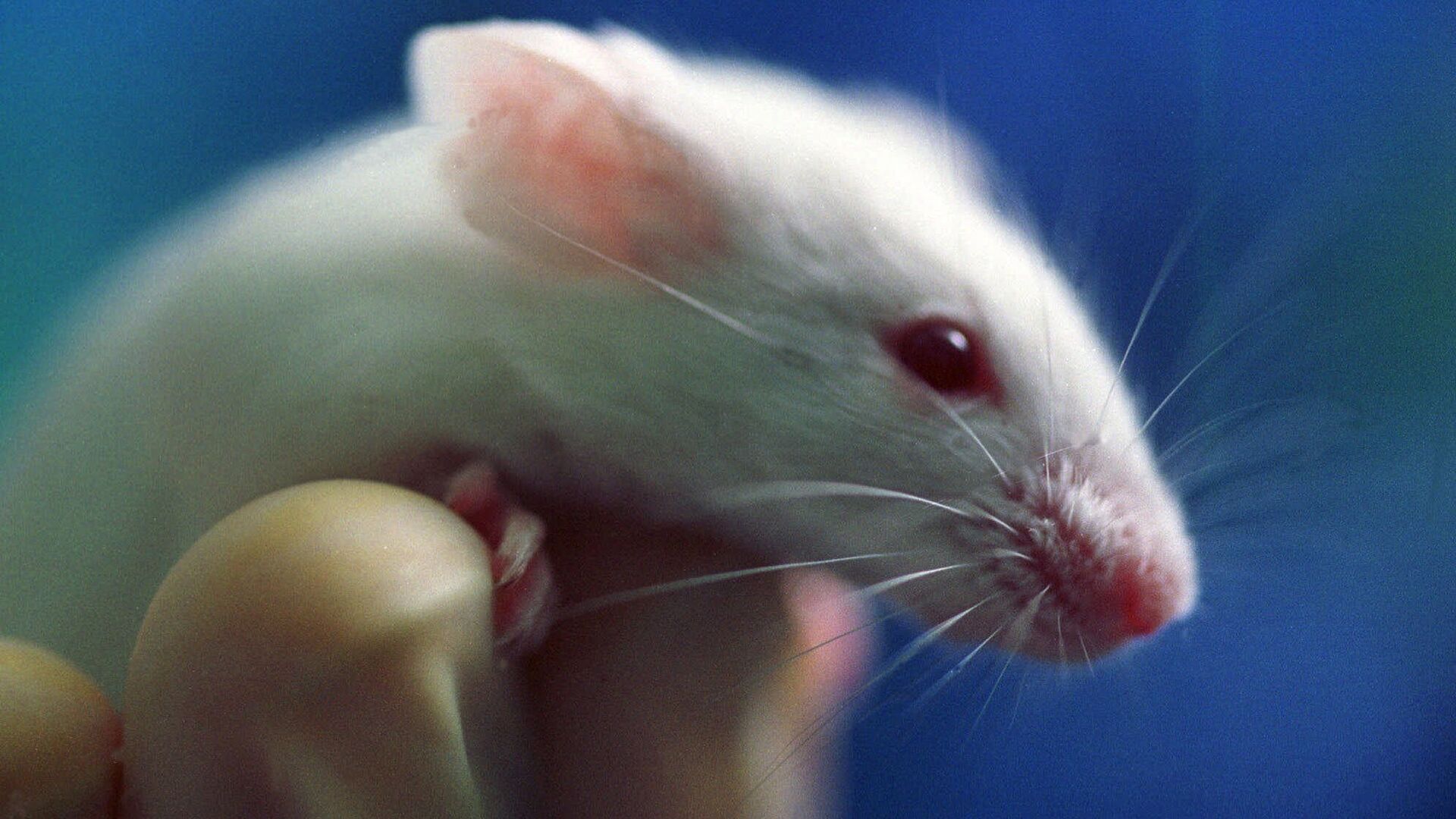https://sputnikglobe.com/20230110/total-recall-scientists-discover-how-to-retrieve-memories-lost-due-to-lack-of-sleep-1106192055.html
'Total Recall': Scientists Discover How to Retrieve Memories 'Lost' Due to Lack of Sleep
'Total Recall': Scientists Discover How to Retrieve Memories 'Lost' Due to Lack of Sleep
Sputnik International
The scientists behind the new study suggest that while information is being stored in the brain during sleep deprivation, certain stimulation is required to retrieve that data thereafter.
2023-01-10T11:53+0000
2023-01-10T11:53+0000
2023-01-10T12:12+0000
science & tech
mice
memory
retrieval
sleep deprivation
https://cdn1.img.sputnikglobe.com/img/107110/10/1071101039_0:157:1992:1278_1920x0_80_0_0_c0a766b5d548ae6862ba2de01cdcc18e.jpg
A team of researchers has discovered a way to deal with the detrimental effect sleep deprivation has on one’s memory.In their study published in the journal Current Biology, the scientists led by Robbert Havekes from the University of Groningen argued that while “sleep deprivation after learning impairs hippocampal memory processes and can cause amnesia,” such memories can still be retrieved.During the course of their work, the researchers resorted to optogenetics (a technique that involves controlling neurons through light), ensuring that a light-sensitive protein was selectively produced in lab mice’s “neurons that are activated during a learning experience,” the press release noted.Subsequent experimentation with these lab mice showed that, while sleep deprivation did indeed impair their ability to recall the location of certain objects, for example, the reactivation of the “hippocampal neurons that initially stored this information with light” helped the creatures recall the necessary information.The team also noticed that giving lab mice roflumilast, a drug used for the treatment of chronic obstructive pulmonary disease in humans, produced the same memory recall effect as the direct stimulation of neurons."It might be possible to stimulate the memory accessibility in people with age-induced memory problems or early-stage Alzheimer's disease with roflumilast," Havekes said. "And maybe we could reactivate specific memories to make them permanently retrievable again, as we successfully did in mice."
https://sputnikglobe.com/20221225/coked-up-lab-rats-may-reveal-secrets-of-drug-addiction-1105788506.html
Sputnik International
feedback@sputniknews.com
+74956456601
MIA „Rossiya Segodnya“
2023
News
en_EN
Sputnik International
feedback@sputniknews.com
+74956456601
MIA „Rossiya Segodnya“
Sputnik International
feedback@sputniknews.com
+74956456601
MIA „Rossiya Segodnya“
sleep deprivation effects, memory recall, memory recollection, optogenetic techniques
sleep deprivation effects, memory recall, memory recollection, optogenetic techniques
'Total Recall': Scientists Discover How to Retrieve Memories 'Lost' Due to Lack of Sleep
11:53 GMT 10.01.2023 (Updated: 12:12 GMT 10.01.2023) The scientists behind the new study suggest that while information is being stored in the brain during sleep deprivation, certain stimulation is required to retrieve that data thereafter.
A team of researchers has discovered a way to deal with the detrimental effect sleep deprivation has on one’s memory.
In their study published in the journal Current Biology, the scientists led by Robbert Havekes from the University of Groningen argued that while “sleep deprivation after learning impairs hippocampal memory processes and can cause amnesia,” such memories can still be retrieved.
"Sleep deprivation undermines memory processes, but every student knows that an answer that eluded them during the exam might pop up hours afterward,” Havekes said as quoted in a university press release. “In that case, the information was, in fact, stored in the brain, but just difficult to retrieve."
During the course of their work, the researchers resorted to optogenetics (a technique that involves controlling neurons through light), ensuring that a light-sensitive protein was selectively produced in lab mice’s “neurons that are activated during a learning experience,” the press release noted.

25 December 2022, 19:03 GMT
Subsequent experimentation with these lab mice showed that, while sleep deprivation did indeed impair their ability to recall the location of certain objects, for example, the reactivation of the “hippocampal neurons that initially stored this information with light” helped the creatures recall the necessary information.
"This shows that the information was stored in the hippocampus during sleep deprivation, but couldn't be retrieved without the stimulation," Havekes remarked.
The team also noticed that giving lab mice roflumilast, a drug used for the treatment of chronic obstructive pulmonary disease in humans, produced the same memory recall effect as the direct stimulation of neurons.
"It might be possible to stimulate the memory accessibility in people with age-induced memory problems or early-stage Alzheimer's disease with roflumilast," Havekes said. "And maybe we could reactivate specific memories to make them permanently retrievable again, as we successfully did in mice."


